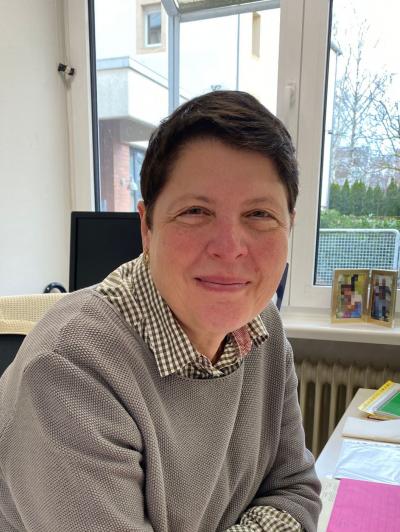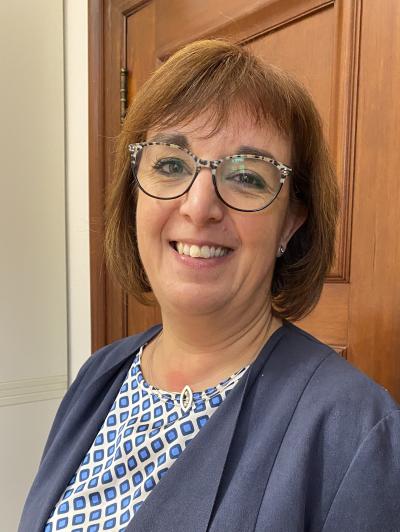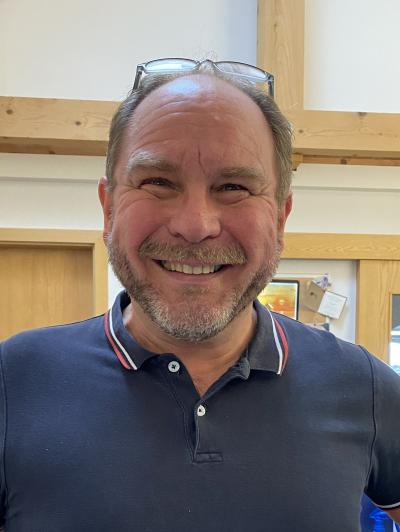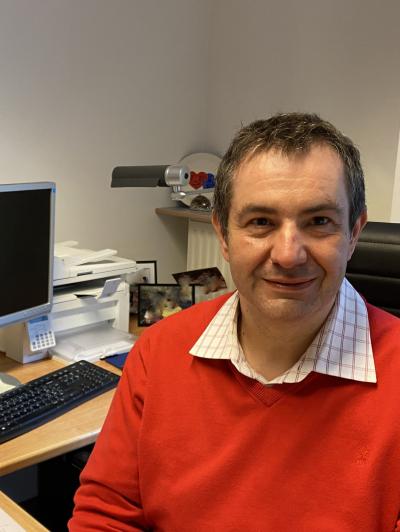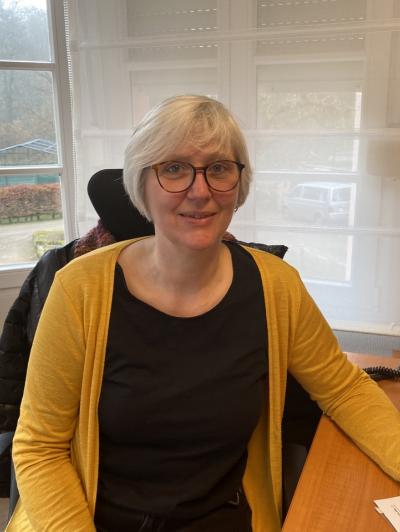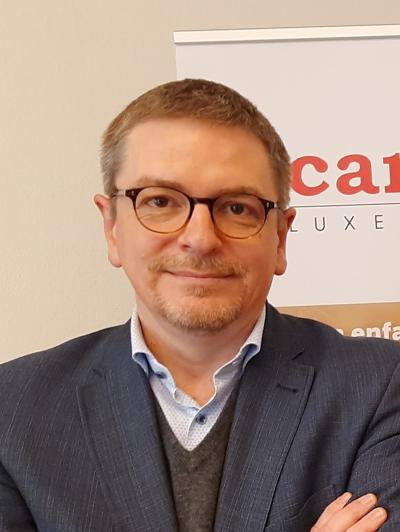
Faruk Licina - Breaking down barriers
Tuesday 2 March 2021
Faruk Licina took over the Caritas Inclusion Sociale service of Caritas Luxembourg in December 2020 with the strong will to further strengthen the social inclusion work carried out so far, to perpetuate the different ongoing projects and to launch new ones.
How do you work on social inclusion?
I am firmly convinced that refugees and migrants integrate into our society and become good citizens, if we make sure that there is no perception of injustice. Indeed, it is difficult to make efforts to integrate if one thinks, rightly or wrongly, that there is a difference in treatment or that one has been subjected to injustice. Making sure that people are treated well, that their rights are respected, that they have access to different public services like everyone else, etc. is an important part of our work. We also act as mediators when there are conflicts or tensions. Often these conflicts are due to the fact that the parties have misunderstood each other, have expressed themselves badly, are not aware of their rights and duties, etc. The intervention of a mediator, who enables the parties to understand each other well, makes it possible to solve many problems and to prevent the very feeling of injustice that then hinders or blocks social inclusion.
I also think it is important to give refugees and migrants the opportunity to break out of their isolation by meeting and exchanging with other people. This is why we have set up structures such as the Centre Oasis in Wiltz, which is a centre for sharing between people from different backgrounds, or the Maison "Le Temps des Femmes" in Mersch, which aims to bring refugee and migrant women out of the isolation in which they find themselves.
A final area of work is the fight against poverty. Poverty, in its various forms, is unfortunately often a source of exclusion and isolation.
What services do you offer?
There is a wide range of services on offer to meet the needs identified. First of all, there is the social service which is aimed at applicants for international protection, beneficiaries of international protection, rejected asylum seekers, undocumented migrants and any migrant, especially non-EU nationals, who need help of any kind. People obtain information about their rights and all the procedures that specifically concern them, useful information to facilitate daily life in Luxembourg, help in compiling their file, translation of some of their documents, assistance with family reunification procedures. Specific assistance for victims of human trafficking, as well as for applicants for international protection under the Dublin II Regulation, is also offered.
Training is also provided to persons of foreign origin to provide them with the knowledge and tools necessary to integrate well into the host country.
Then there are youth support services such as Educ'actif, which helps young refugees and migrants to find their place in our society, and Form'actif, which supports them in their educational orientation and their educational and vocational training. We at Caritas are convinced that it is important to focus on young people and to invest in their future.
Another service is the Centre Oasis in Wiltz, whose aim is to bring people of different nationalities and cultures together. The Maison "Le Temps des Femmes" in Mersch, meanwhile, targets refugee and migrant women by strengthening their self-esteem.
Finally, social grocery shops are another important part of our support. The "Caritas Buttek" offer people affected by poverty products at prices up to 70% cheaper. Most of Caritas Buttek also have a "Kleederstuff" where people can buy second-hand clothes.
What are your plans for the future?
For me, for the time being, it is important to continue the social inclusion work carried out to date, to strengthen it, and to ensure the financial sustainability of the pilot projects that the service carries out and which I consider essential, such as the Maison "Le Temps de Femmes" or the UBUNTU project for people concerned by the Dublin II Regulation. It is also important to be innovative, especially in these difficult times, which force us all to reinvent ourselves. The sanitary crisis is already affecting our public in a significant way.
What do you like about your job?
It is of course the fact that I help people and feel useful. I still get phone calls today for advice from people that Caritas Luxembourg accompanied 20 years ago. It's good to know that we have made a positive impression on these people. I am also happy to be able to pass on my experience in the field to my younger colleagues, and I hope to be able to give them good advice!
Linked news
Donate
Your donation is essential to ensure the continuity of Caritas Luxembourg's actions in the service of the poor.
Other donation methods
